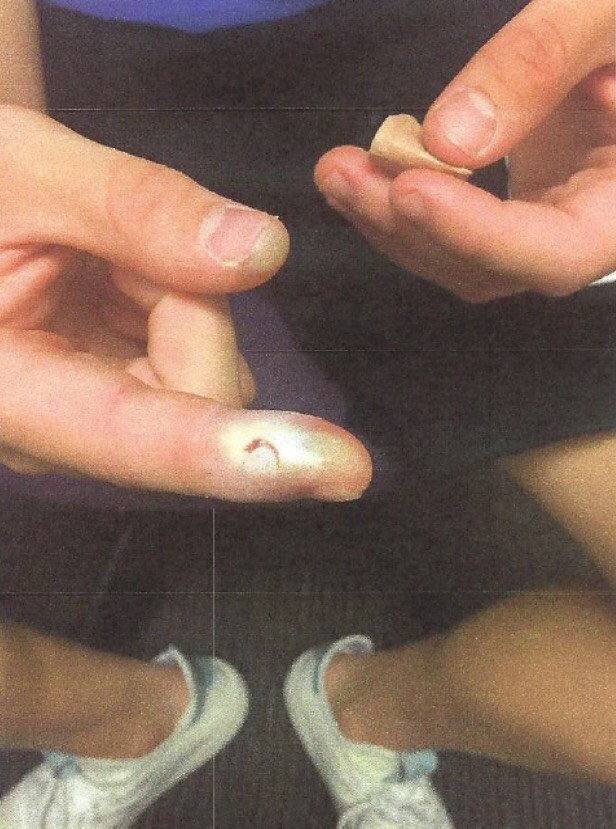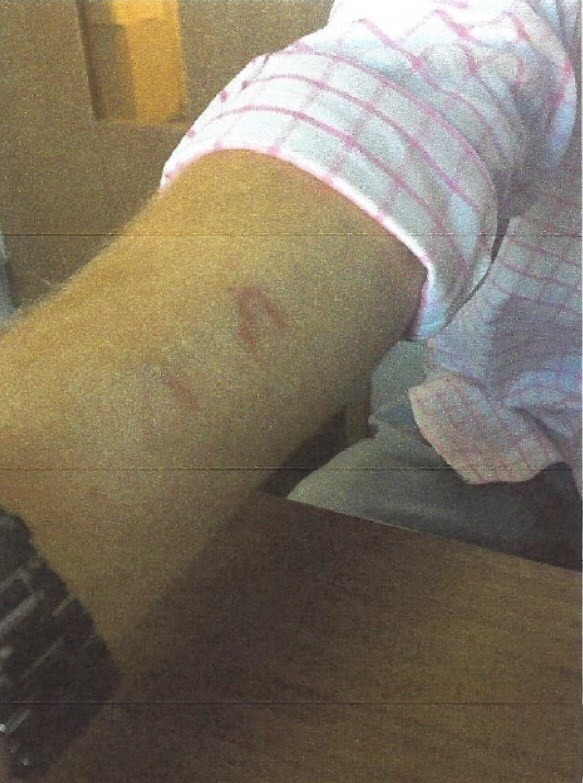The hazing allegations that led to the suspension of TCU’s Delta Tau Delta chapter include forcing pledge members to use sex dolls and toys, allowing them to be burned by lighters and matches, according to a report from TCU police.
In December, the fraternity’s national office announced the immediate suspension in a press release that reported, “an investigation confirmed multiple violations of the fraternity’s risk management policy, including hazing, during the fall 2017 semester.”
One student listed the following accusations in the report:
- Students were required to recite the Greek alphabet while holding a lit match that could not be blown out until finishing the alphabet. Some of the students were burned from this activity.
- Students were forced to do planks, push-ups and other exercises.
- Students’ forearms were burned by lighters.
- Students were blindfolded and held in a closet for more than an hour.
- Students reported rampant racism.
- Pledge members were told to perform sex motions with sex dolls and toys.
TCU Police interviewed 34 members of the fraternity regarding these claims.
One pledge had burn marks on his fingers, which he claimed was from cooking ramen at his residence hall. The burn was photographed and, according to the report, was “inconsistent” with his story. Another pledge said he was required to hold a lit match while reciting the Greek alphabet and that other members received minor burns from the practice.

Investigators found burn marks on the forearms of three pledges who acknowledged they were burned by active members with cigarette lighters at a bar.
Students in the report identified members who “walked up to the pledges and burned them on the inside of their forearms with a hot lighter” in order to make a significant mark. The incident happened in September and has left visible scars.
The report indicated that the incidents were reported to the chapter’s Honor Board, but not the University of Fraternity and Sorority Life. All three students have declined to pursue criminal charges.
Eight pledges said they knew about the burning incident, according to the report.

Ten pledges admitted to being blindfolded as part of a “bonding process” where they would walk under the chapter seal. None of them admitted to being forced into a closet.
Eight pledges said they had to do planks and pushups during chapter meetings. They cited various reasons from health purposes to punishment. The report notes that most of the pledge class was present for this, but many lied about this allegation during the interview.
Most of the pledges said they knew about sex dolls and toys being in the chapter house and all but one said they were used by upper classmen for pranks. One pledge said they were asked to “make motions” with the sex toys.
Three pledges said they’ve heard “racially charged comments” in the chapter house, but the ones who made the comments were not identified.
None of these students agreed to cooperate as complainants in a criminal case regarding the physical assault claims. The rest of the allegations aren’t criminal offenses, but they do violate TCU’s Policy on Hazing.
The national office of Delta Tau Delta International Fraternity suspended the TCU chapter Dec. 13 partly because of hazing incidents that took place this semester.
The decision comes after “an investigation confirmed multiple violations of the fraternity’s risk management policy, including hazing, during the fall 2017 semester,” according to a press release.
The Epsilon Beta Chapter was informed of the decision Dec. 3. It is no longer in good standing or permitted to operate in the name of Delta Tau Delta Fraternity, according to the release.
The Epsilon Beta Chapter was founded in 1955 as the fraternity’s second chapter in Texas. It has operated continuously since then and initiated 1,332 men into Delta Tau Delta.
Chancellor Victor Boschini said the university is against these types of behaviors and “we will do whatever possible to protect the health and safety of all students.”
Representatives from TCU’s Office Fraternity and Sorority Life and the Epsilon Beta Chapter President have not returned a request for comment.




